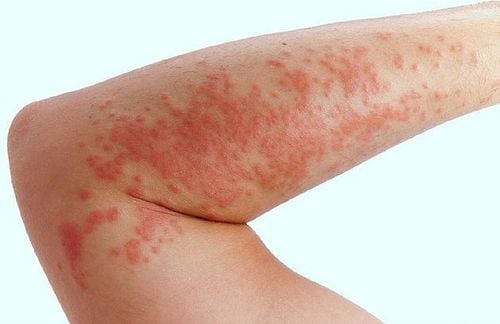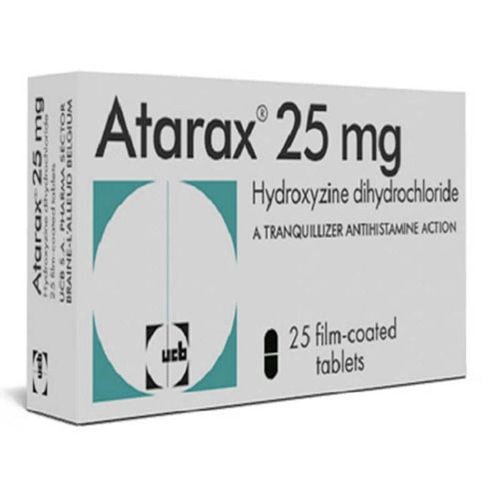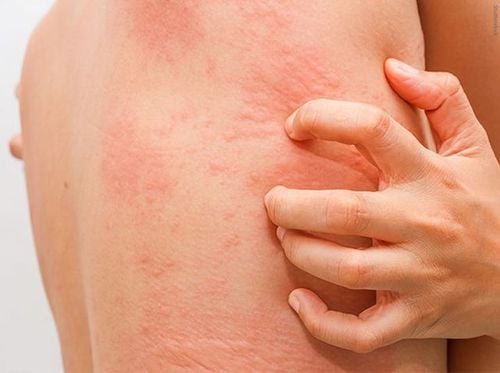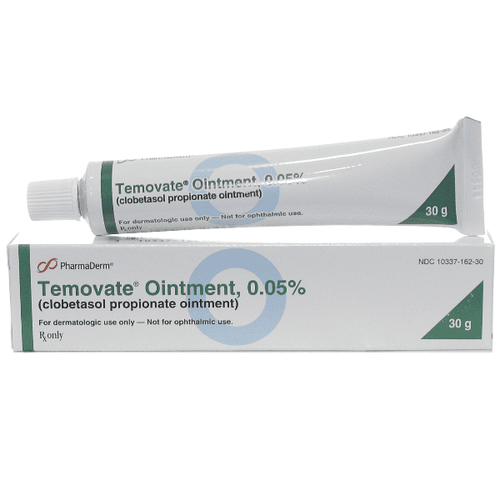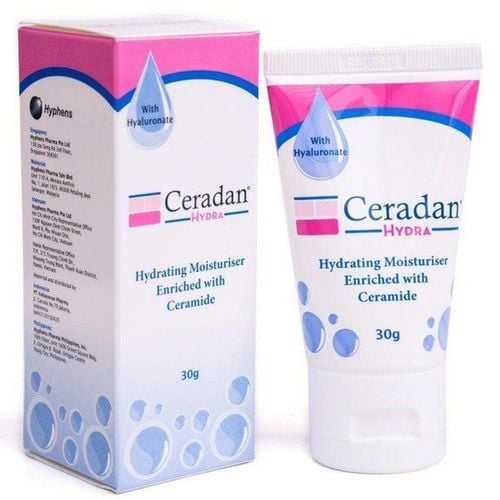This is an automatically translated article.
The article was professionally consulted by Specialist Doctor I Le Thi Thu Hang - Dermatologist - Department of Medical Examination & Internal Medicine - Vinmec Hai Phong International General Hospital.Acute urticaria is a reaction of the capillaries on the skin to various factors, common in children with manifestations of papules, swelling, itching. The first thing to do to care for a child with acute urticaria is to identify and eliminate the causative factor.
1. What is urticaria?
It is the reaction of the skin capillaries to various factors causing acute or chronic edema. Urticaria is an immediate reaction that occurs within 24 hours and can last up to 6 weeks Urticaria that persists after 6 weeks is chronic urticaria.Trắc nghiệm: Sự phát triển tinh thần, vận động của bé thế nào là đúng chuẩn?
Khi nào bé biết nói, biết hóng chuyện hay biết cầm cốc là "đúng chuẩn"? Điểm xem bạn biết được bao nhiêu mốc phát triển tinh thần, vận động "đúng chuẩn" của bé nhé!The following content is prepared under supervision of Thạc sĩ, Bác sĩ y khoa, Ma Văn Thấm , Nhi , Phòng khám Đa khoa Quốc tế Vinmec Dương Đông(Phú Quốc)
2. Who can get the disease?
Acute urticaria usually occurs in patients with predisposing factors and is common in children.
3. What are the main symptoms of acute urticaria?
Edema: Different sizes. The edema is slightly raised on the skin, the color is slightly red or paler than the surrounding skin. The papules, papules change rapidly, appear quickly, disappear quickly. Itching: Most cases of urticaria are very itchy, the more you scratch, the more it itch and make other papules appear. In some areas such as eyelids, lips, external genitalia... the erythema, papules appear suddenly, causing swelling in the whole area, also known as angioedema or Quincke's edema. If Quincke's edema is in the larynx or gastrointestinal tract, it will cause serious illness such as severe dyspnea, loose stools, abdominal cramps, hypotension, cardiovascular disorders or real anaphylaxis.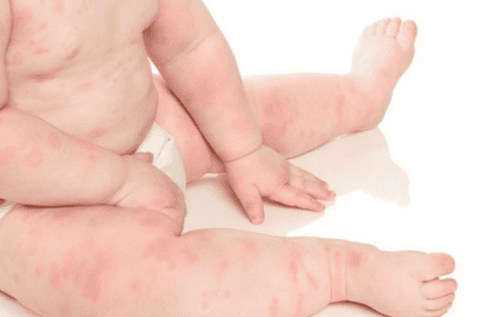
4. What is the cause of acute urticaria?
Urticaria is an easily recognized disease but it is difficult to find the exact cause, because the causes of urticaria are very complex. Common urticaria can be caused by food, drugs, insect venom, respiratory agents such as pollen, house dust, feathers, mold..., infection or contact. with chemicals such as perfumes, hair dyes, food colorings... Physical urticaria: including urticaria, urticaria caused by emotional movements such as fatigue, exertion, stress, urticaria caused by compression, vibration, urticaria due to too cold, too hot, due to sunlight... Urticaria due to systemic diseases such as lupus erythematosus, vasculitis, endocrine diseases (diabetes, hyperthyroidism), Cancer... Inherited urticaria Idiopathic (idiopathic) urticaria: is urticaria with no known cause, accounting for 50% of cases.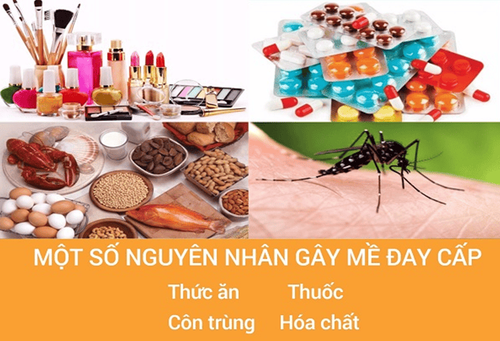
5. How to deal with urticaria?
It is important to identify and eliminate the cause of the disease, avoiding re-exposure to these factors. Treatment depends on the type of urticaria, its severity, and how long it lasts. Mild cases use H1 antihistamines such as: Loratadine 10mg/day, Cetirizine 10mg/day... Severe cases: Combination of H1 antihistamines and corticosteroids6. Notes when taking care of children with urticaria at home?
Stop all drugs, foods suspected of causing allergies. Avoid scratching and rubbing the skin. Can apply cold compress, take cold bath, avoid hot bath (not applicable to 2 cases of urticaria due to heat and cold). Avoid direct sunlight. Proper diet to combat constipation. Wear lightweight cotton clothing that fits your body. Avoid strenuous, sweat-inducing activities. Try to rest and reduce stress. Foods and spices that cause allergies and itchy skin also need to be abandoned, such as alcohol, soft drinks, spices, chili... Do not choose to eat spicy marinated foods, frozen foods, and foods. canned, processed foods because they often contain many additives. Thu Hang has over 10 years of experience in the field of dermatology. Especially experienced in the treatment of adult and pediatric skin diseases, sexually transmitted diseases, autoimmune and rare skin diseases. The doctor has obtained certificates and university degrees at home and abroad such as: Degree I - Dermatology, Hanoi Medical University, DFMS Degree - Dermatology, University of Paris XIII, France before becoming a doctor. dermatology at the Department of Internal Medicine, Vinmec Hai Phong Hospital today.Please dial HOTLINE for more information or register for an appointment HERE. Download MyVinmec app to make appointments faster and to manage your bookings easily.







